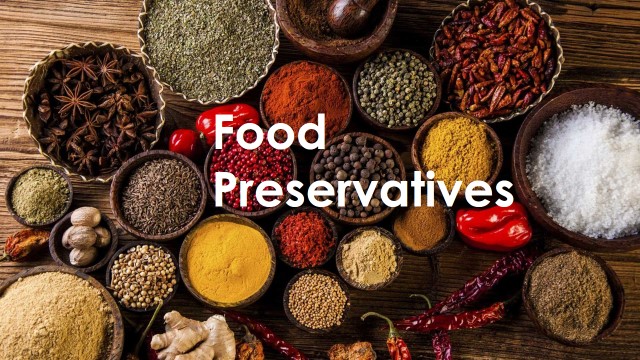- Empty cart.
- Continue Shopping
The Risks of Consuming Excess Preservatives

Preservatives have become an integral part of the modern food industry, extending the shelf life of products and preventing spoilage. However, the convenience comes at a cost. Excessive consumption of preservatives can lead to a range of health issues.
What Are Preservatives?
Definition
Preservatives are substances added to food to inhibit the growth of bacteria, yeasts, and molds. They can be natural, like salt and vinegar, or synthetic, such as sodium benzoate and potassium sorbate.
Types of Preservatives
- Antimicrobial Preservatives: These inhibit the growth of bacteria and fungi. Examples include sodium benzoate and sodium nitrite.
- Antioxidant Preservatives: These prevent the oxidation of food, which can lead to spoilage. Examples include ascorbic acid and tocopherols.
Health Risks of Excessive Consumption
Allergic Reactions
Some people may be allergic to certain preservatives, leading to symptoms like skin rashes, itching, and difficulty breathing.
Digestive Issues
Preservatives like sodium benzoate can irritate the lining of the stomach, leading to issues like bloating and gas.
Hormonal Imbalance
Certain preservatives can mimic hormones in the body, disrupting the endocrine system. This can lead to problems like infertility and developmental issues in children.
Increased Risk of Chronic Diseases
Excessive consumption of preservatives has been linked to an increased risk of chronic diseases like cancer, heart disease, and diabetes.
Nutrient Depletion
Some preservatives can interfere with the absorption of essential nutrients, leading to deficiencies.
Regulatory Guidelines
Governments and health organizations have set guidelines for the safe levels of preservative consumption. However, these levels are often based on individual food items, not accounting for the cumulative effect of consuming multiple preserved foods.
How to Mitigate the Risks
Read Labels
Always read food labels to check for the presence and types of preservatives. Opt for products with natural preservatives whenever possible.
Limit Processed Foods
Processed foods are the primary sources of synthetic preservatives. Reducing your intake of these foods can significantly lower your preservative consumption.
Fresh is Best
Whenever possible, choose fresh foods over canned or packaged options. Fresh fruits, vegetables, and meats are free from synthetic preservatives.
Consult a Healthcare Provider
If you have specific health concerns related to preservatives, consult a healthcare provider for personalized advice.
Conclusion
While preservatives have revolutionized the food industry, making it possible to store food for extended periods, they are not without risks. Excessive consumption can lead to a host of health issues, from digestive problems to chronic diseases. Being aware of these risks and taking proactive steps can help you make healthier food choices. Always read labels, limit processed foods, and when in doubt, opt for fresh, preservative-free options.








